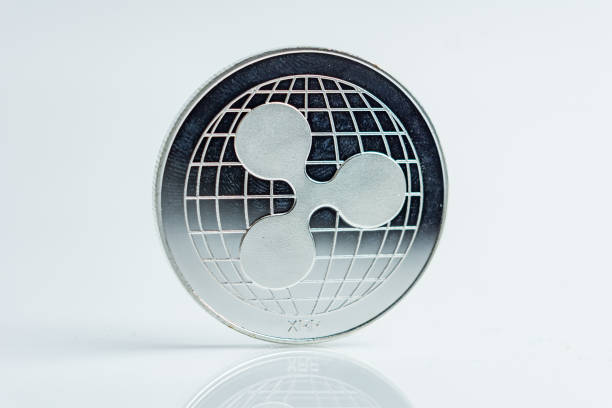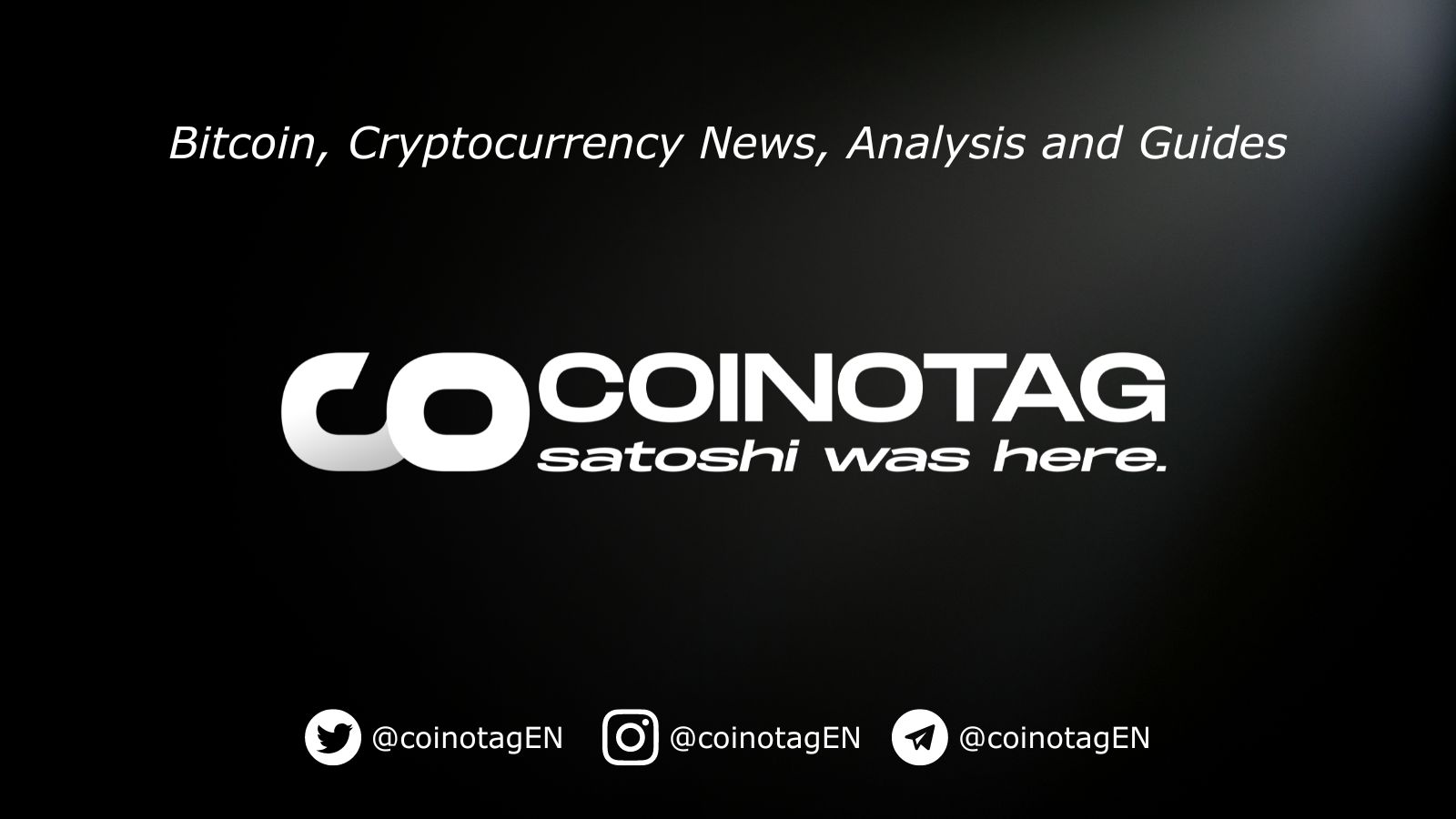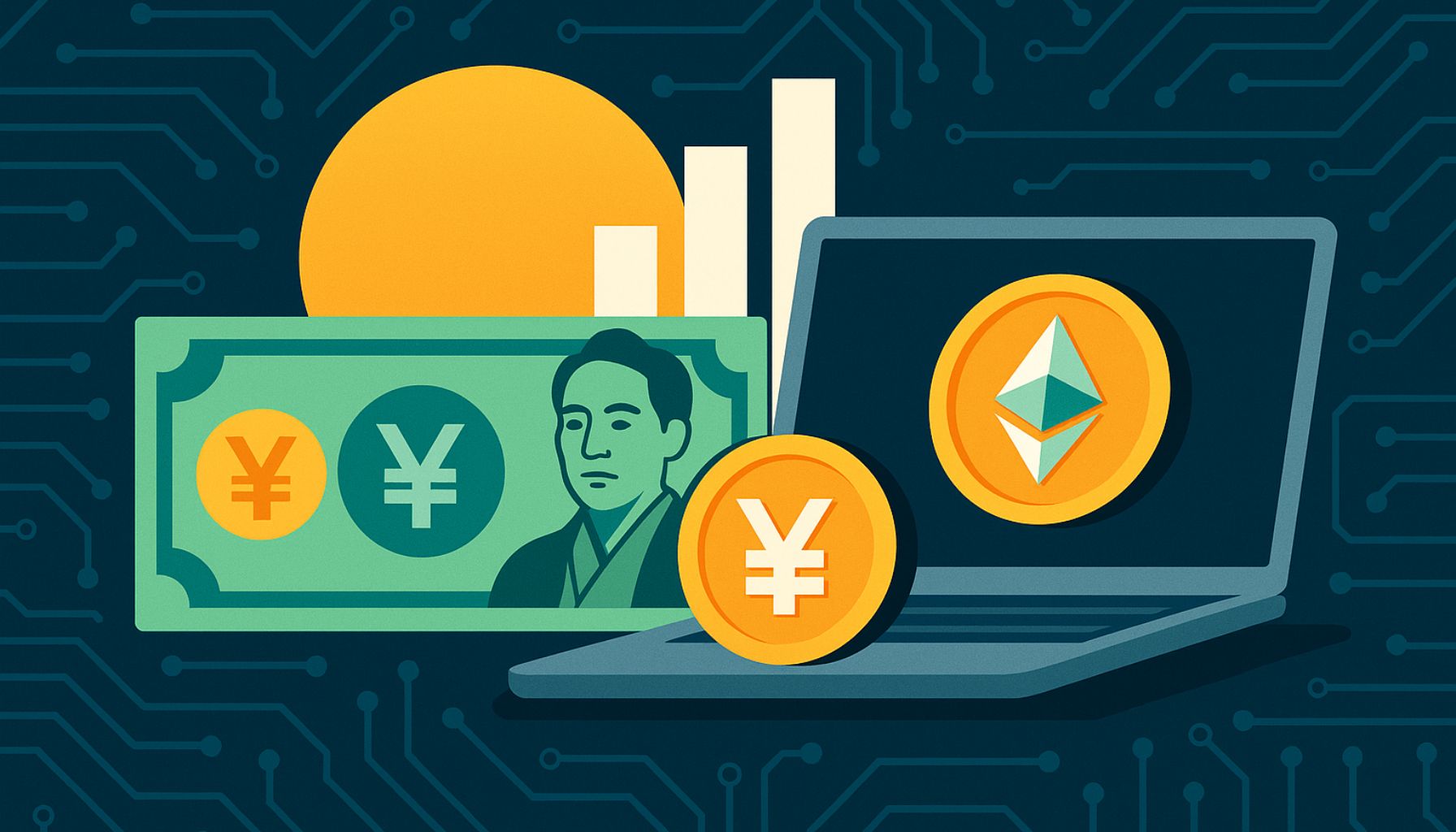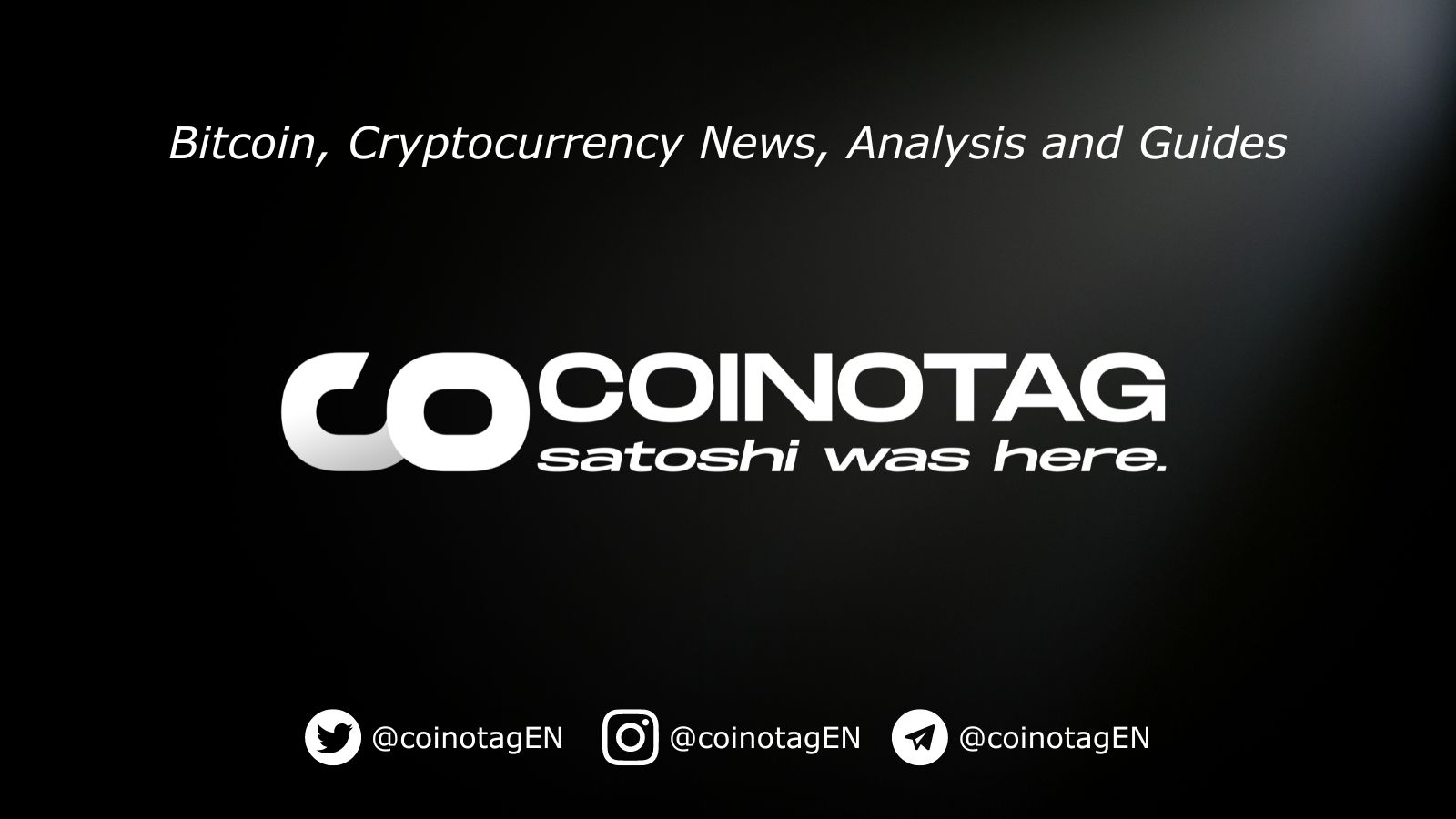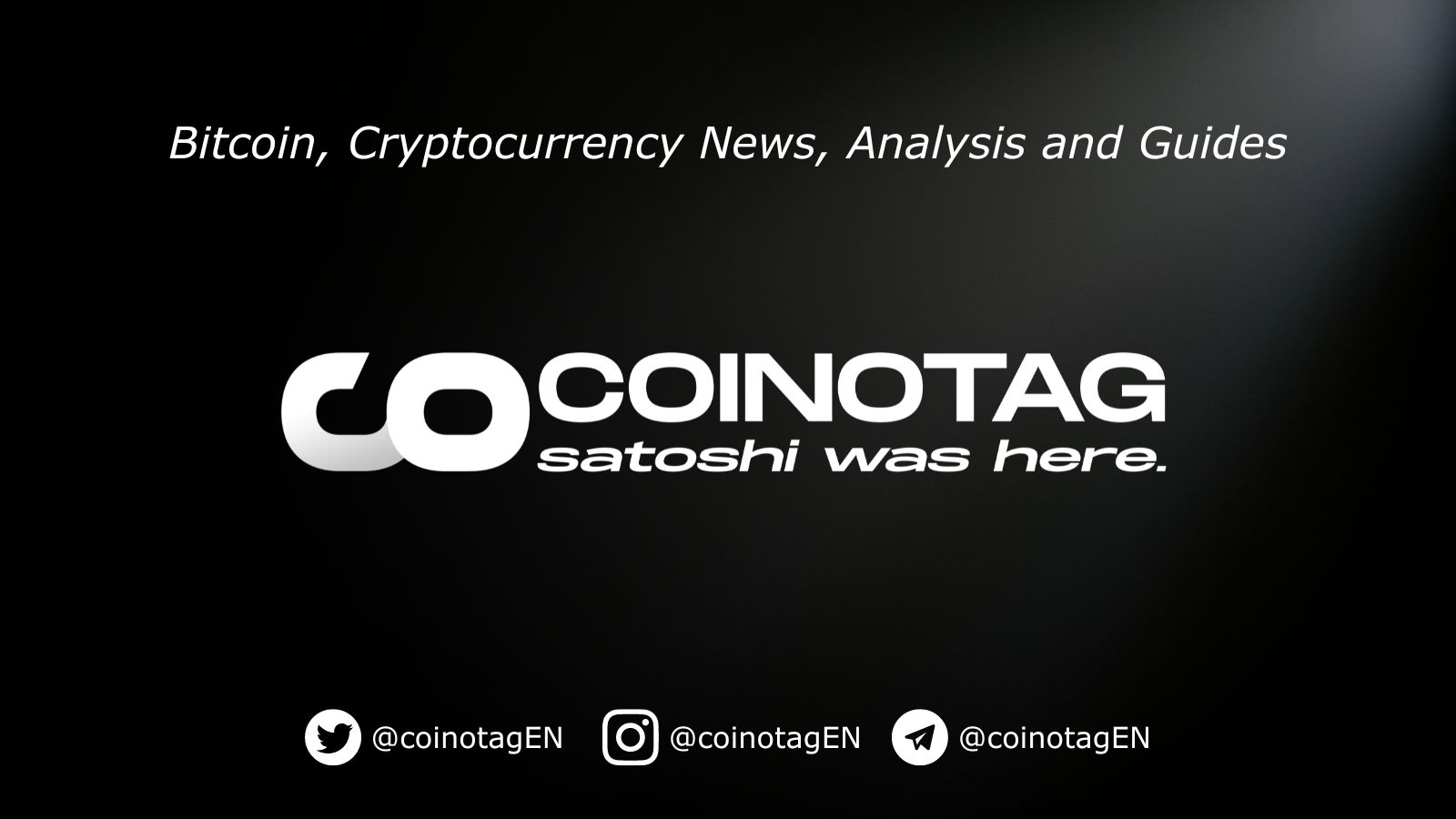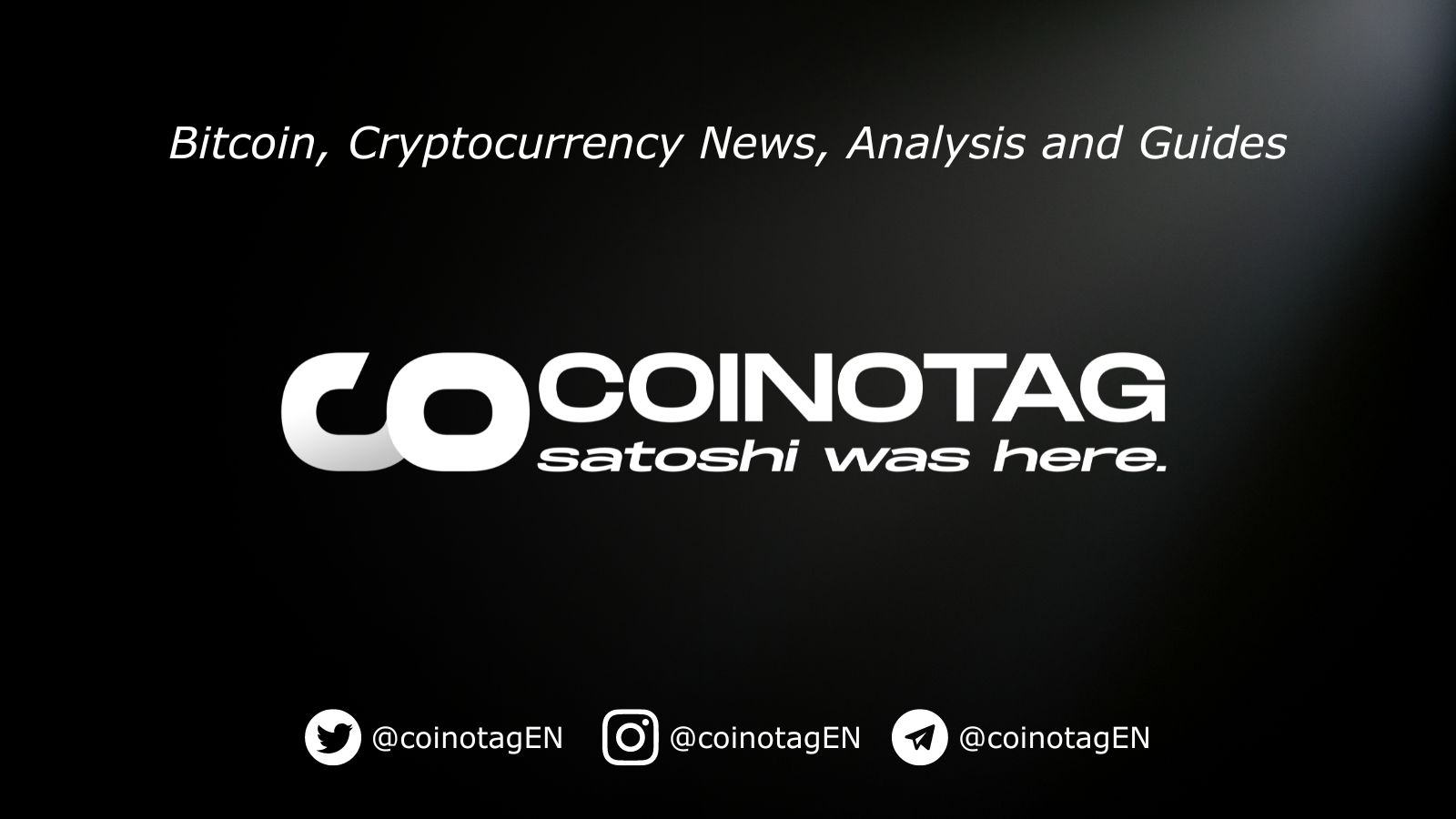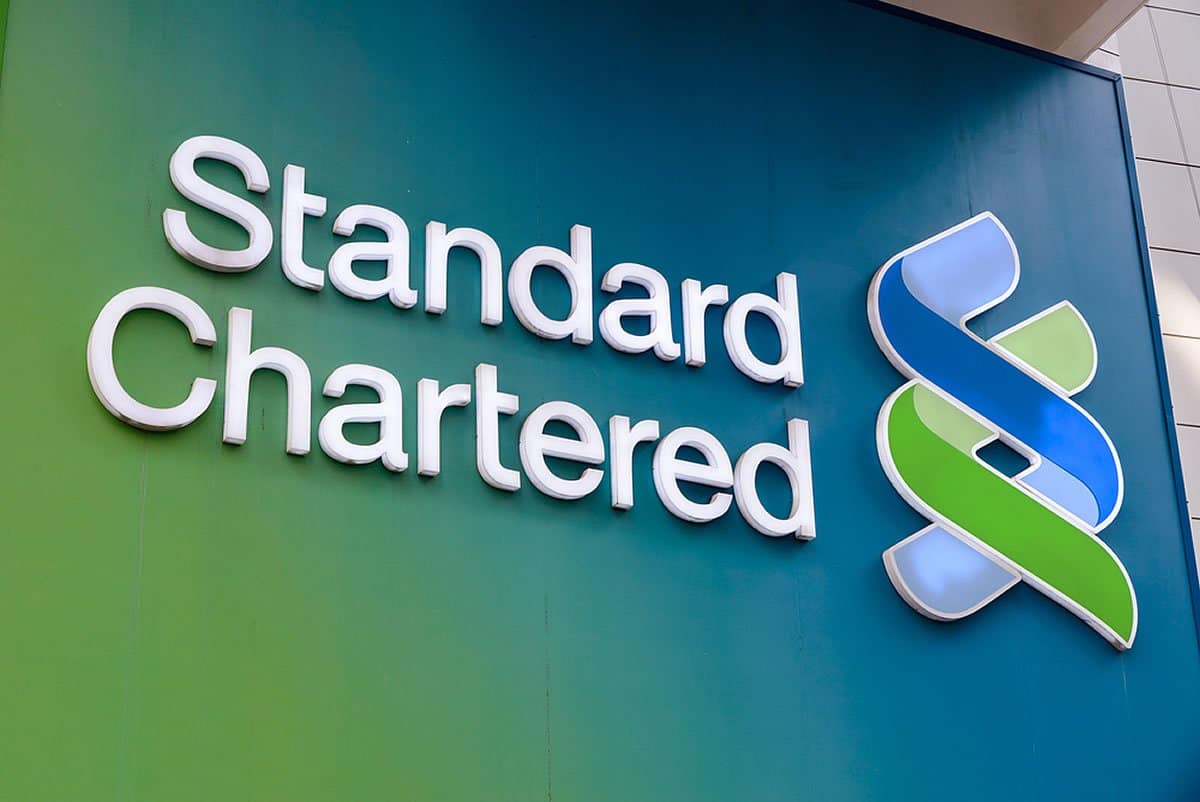
BitcoinWorld Unprecedented Opportunity: Crypto ETFs Poised for Oct. 28-29 Launch The cryptocurrency world is buzzing with anticipation! A truly momentous development is on the horizon as several prominent Crypto ETFs are slated to begin trading. Investors and enthusiasts alike are looking forward to the launch of Exchange-Traded Funds (ETFs) for Solana (SOL), Litecoin (LTC), and Hedera (HBAR) on October 28th and 29th. This move could redefine how mainstream investors access digital assets, marking a significant stride towards broader institutional adoption. What Makes These Crypto ETFs So Crucial? An ETF, or Exchange-Traded Fund, is an investment fund that holds assets like stocks, bonds, or commodities. These funds trade on stock exchanges, much like individual stocks. When we talk about Crypto ETFs , it means the fund holds cryptocurrencies, allowing investors to gain exposure to digital assets without directly buying and storing them. The upcoming launches, including the Bitwise SOL ETF, Canary LTC ETF, and a dedicated HBAR ETF on October 28th, followed by the Grayscale SOL ETF on October 29th, represent a crucial step. They offer a regulated and more accessible pathway for traditional investors to enter the volatile yet promising crypto market. Accessibility: Easier for traditional investors to participate. Regulation: Operates within existing financial frameworks. Diversification: Offers new avenues for portfolio diversification. The Firms Driving the Crypto ETF Movement Behind these exciting launches are reputable financial institutions. Bitwise is leading the charge with its Solana ETF, while Canary Finance is bringing the Litecoin ETF to market. An HBAR ETF is also part of this initial wave. Notably, Grayscale , a well-known name in crypto asset management, will launch its own Solana ETF shortly after. Bloomberg ETF analyst Eric Balchunas has highlighted these dates, emphasizing that these listings are expected to proceed unless the U.S. Securities and Exchange Commission (SEC) steps in at the eleventh hour. The SEC’s oversight remains a critical factor in the approval and listing of any Crypto ETF . What Challenges Could These Crypto ETFs Face? While the benefits are clear, the path for Crypto ETFs is not entirely without potential obstacles. The primary challenge remains regulatory scrutiny. The U.S. Securities and Exchange Commission (SEC) has historically been cautious about approving crypto-related investment products, especially those directly holding digital assets. Their intervention, however unlikely at this late stage, could still cause delays. Moreover, the inherent volatility of cryptocurrencies means that these ETFs will also experience significant price swings, which might not suit all traditional investors. Market liquidity and the potential for manipulation are also ongoing concerns that regulators consider. Regulatory Intervention: SEC’s power to delay or halt. Market Volatility: Crypto prices can fluctuate wildly. Liquidity Concerns: Ensuring sufficient market depth. The Road Ahead for Crypto ETFs and Digital Assets The launch of these Solana, Litecoin, and Hedera Crypto ETFs signals a broader trend toward integrating digital assets into traditional finance. This development could pave the way for more diverse crypto-backed investment products in the future, extending beyond just Bitcoin and Ethereum. As these new ETFs begin trading, their performance will be closely watched by investors, analysts, and regulators alike. Successful launches and sustained interest could encourage further innovation and adoption within the digital asset space. This moment represents a pivotal point for the industry, promising greater mainstream acceptance and investment opportunities. The upcoming launch of SOL, LTC, and HBAR ETFs on October 28th and 29th marks a truly exciting chapter for the cryptocurrency market. It signifies a growing maturity and acceptance of digital assets within traditional financial structures. For investors, these Crypto ETFs offer a streamlined, regulated, and potentially less daunting way to gain exposure to some of the most dynamic assets in the financial world. Keep an eye on these dates; they could usher in a new era for crypto investment. Frequently Asked Questions (FAQs) What exactly is a Crypto ETF? A Crypto ETF (Exchange-Traded Fund) is an investment fund that holds cryptocurrencies or crypto-related assets. It trades on traditional stock exchanges, allowing investors to gain exposure to digital assets without the complexities of direct ownership, such as setting up a crypto wallet or managing private keys. Which specific Crypto ETFs are launching on Oct. 28-29? According to Bloomberg ETF analyst Eric Balchunas , the Bitwise SOL ETF, Canary LTC ETF, and an HBAR ETF are scheduled for October 28th. The Grayscale SOL ETF is expected to follow on October 29th. What role does the SEC play in these Crypto ETF launches? The U.S. Securities and Exchange Commission (SEC) is the primary regulator responsible for approving or rejecting such financial products. While these ETFs are scheduled to launch, the SEC retains the power to intervene at the last minute if they identify any concerns regarding investor protection or market integrity. What are the main benefits of investing in a Crypto ETF? Investing in a Crypto ETF offers several advantages, including easier accessibility for traditional investors, operating within a regulated framework, and potentially offering portfolio diversification. It simplifies the process of gaining exposure to cryptocurrencies compared to direct purchases. Will more Crypto ETFs be launched after these initial ones? The successful launch and performance of these initial Solana, Litecoin, and Hedera ETFs could certainly pave the way for more Crypto ETFs in the future. As institutional interest grows and regulatory clarity improves, the market may see a broader range of digital asset-backed investment products. Did this article shed light on the exciting future of crypto investments? Share your thoughts and spread the word! Follow us on social media and share this article with your network to keep the conversation going about the transformative impact of Crypto ETFs on the financial landscape. To learn more about the latest crypto market trends, explore our article on key developments shaping cryptocurrency institutional adoption. This post Unprecedented Opportunity: Crypto ETFs Poised for Oct. 28-29 Launch first appeared on BitcoinWorld .
Bitcoin World
You can visit the page to read the article.
Source: Bitcoin World
Disclaimer: The opinion expressed here is not investment advice – it is provided for informational purposes only. It does not necessarily reflect the opinion of BitMaden. Every investment and all trading involves risk, so you should always perform your own research prior to making decisions. We do not recommend investing money you cannot afford to lose.
Swiss Bitcoin App Relai Acquires MiCA License in France
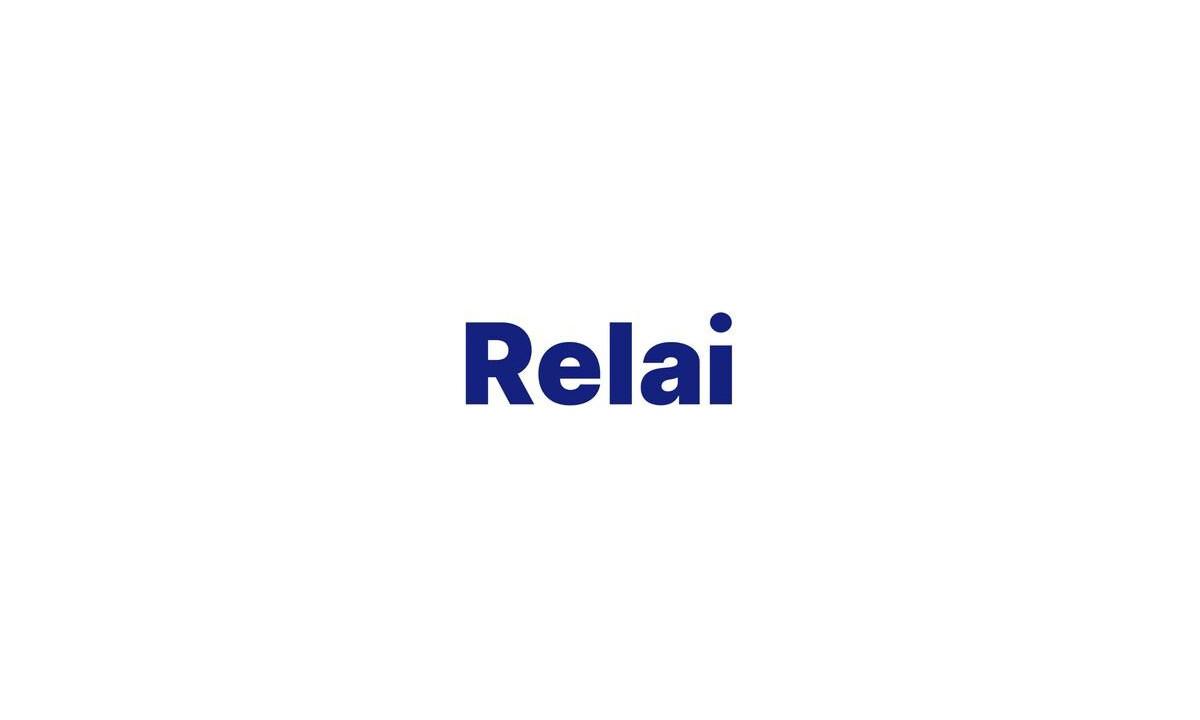
The Zurich-based company is one of the first Bitcoin-only apps to obtain the MiCA license from the French regulatory body, the AMF. With this license, the Bitcoin-only platform becomes one of the first Bitcoin service providers to obtain the license. Its award-winning app will feature new enhancements, including Instant SEPA and the highest security standards within the industry. Relai aims to increase its marketing efforts across Europe by providing local educational content and hosting events within the EU. Relai has been a breakthrough star in a challenging market within the digital asset space, having secured a Series A funding round last year and surpassed 500,000 app downloads. With today’s announcement, the company is taking a giant step forward. As one of the first Bitcoin companies, the Swiss startup successfully obtained authorization as a Crypto-Asset Service Provider (CASP) under the EU’s MiCA Regulation , granted by the French Financial Markets Authority (AMF) . This license enables Relai to take the next step and offer its award-winning app to users across the European Union, subject to completion of the passporting notification process. This is a milestone not only for the Swiss Bitcoin start-up but also for Bitcoin in Europe. So far, the company has built a loyal and engaging user base in Switzerland and Italy, but it aims to expose Bitcoin to even more users through its platform. With the MiCA license, Relai will be able to extend its regulated services to EU users, offering a range of features designed to enhance accessibility and transparency, such as: Instant SEPA – Everyone in the EU can buy Bitcoin within seconds. Higher Trading Limits – Users will have the ability to buy more BTC for their Euros. A Fixed Price – Users will see the exact price when creating their order, ensuring complete transparency on costs and conversion rates. Educational Content – Dedicated content with great learning initiatives. Events Across Europe – Relai will host and sponsor dedicated events in the EU. Best-in-Class Security – The app will utilize the latest security technology. “We’re incredibly proud to be one of the first Bitcoin companies to get the MiCA license and are eager to expand to France first and Europe in a second step!” — Julian Liniger, Co-Founder and CEO at Relai AG, Switzerland. Relai will also be guided by an outstanding advisory board, seated with Jean Guillaume , Daniel Astraud , and Herve de Kerdrel . All are veterans within the industry and an excellent addition to Relai’s expansion in Europe. “Relai is one of the first Bitcoin-only companies to receive the MiCA license. This is a breakthrough not just for us, but for the whole Bitcoin industry across Europe. Our goal is clear: Bringing Bitcoin to as many people as possible. Simple, secure, regulated.” — Adem Bilican, Co-Founder and President at Relai EU. MiCA enables the Bitcoin-only provider to create new and exciting products, gaining a foothold in an ever-evolving market within the EU. The next step for the company is to plan marketing campaigns and events for 2026, as well as exciting updates to the app in the coming weeks. Disclaimer: Relai is authorized to provide crypto-asset services in Switzerland and across the European Union under the MiCA regulatory framework. The company is actively expanding its services to EU member states following the completion of passporting notifications. About Relai Relai is a Swiss startup founded in 2020 in Zurich by Julian Liniger and Adem Bilican . Their Bitcoin-only app is designed to be intuitive and straightforward, allowing anyone to buy and sell Bitcoin within minutes. Relai stands out in the crowded cryptocurrency market with its unique approach to self-custody . Unlike other platforms, Relai does not hold user funds; instead, it empowers users to control their financial futures with an easy-to-use self-custodial wallet. Relai is a Swiss-licensed financial service provider with over $1 billion in trading volume and has successfully acquired a Markets in Crypto-Assets Regulation (MiCA) license from the French Financial Markets Authority (AMF) . In 2024, Relai was named one of the fastest-growing startups in Europe, and the company won the Top 100 Swiss Startup award for the best fintech in September 2025 . Learn more at relai.app Photos of Relai founders: https://drive.google.com/drive/folders/1ZKrjc2WUhVsacpsy3nrdIjDNx1wOesao Relai logos: https://drive.google.com/drive/folders/1d7RjUvBUI6TP8Ne0qIbJFAzthzyOa0Fj Bitcoin World

Nations Buying Bitcoin: Eric Trump Reveals Surprising Global Adoption Trends
BitcoinWorld Nations Buying Bitcoin: Eric Trump Reveals Surprising Global Adoption Trends The cryptocurrency world is buzzing with recent revelations from Eric Trump , the second son of former President Donald Trump. He has publicly stated that a growing number of countries, including the United Arab Emirates (UAE), are actively engaging in the significant practice of nations buying Bitcoin . This claim, initially reported by Watcher.Guru , highlights a potentially transformative shift in global financial strategies and underscores Bitcoin’s evolving role on the international stage. This isn’t just a casual observation; it points to a strategic move by sovereign entities to diversify their reserves and potentially hedge against traditional economic volatilities. Understanding why nations buying Bitcoin is becoming a trend is crucial for anyone following the future of finance. What’s Driving Nations to Buy Bitcoin? The motivation behind countries acquiring Bitcoin is multifaceted. Historically, national treasuries have relied on gold, foreign currencies, and government bonds as primary reserve assets. However, the digital age introduces new considerations: Economic Diversification: Bitcoin offers an alternative asset class, potentially reducing reliance on traditional, often interconnected, financial systems. Inflation Hedge: With global inflation concerns, Bitcoin’s limited supply is seen by some as a potential hedge against the devaluation of fiat currencies. Geopolitical Strategy: Holding a decentralized asset could provide a degree of financial independence or leverage in a complex global political landscape. The UAE’s reported involvement suggests a forward-thinking approach to national wealth management, recognizing the potential long-term value and strategic advantages of holding digital assets. This move by the UAE and other unnamed nations signifies a growing acknowledgment of Bitcoin’s legitimacy beyond individual investors. The Strategic Implications of National Bitcoin Holdings When sovereign states begin to accumulate Bitcoin, the implications are profound. It lends an unprecedented level of legitimacy to the cryptocurrency, moving it further into the mainstream financial system. This institutional adoption could lead to several significant outcomes: Increased Stability: As more large, stable entities like nations invest, it could potentially reduce some of Bitcoin’s notorious volatility over time. Regulatory Clarity: National involvement might spur clearer regulatory frameworks, which are often a barrier for broader institutional adoption. Market Maturation: The entry of sovereign wealth funds or central banks as holders signals a maturation of the Bitcoin market, attracting even more traditional investors. The act of nations buying Bitcoin is a powerful endorsement, suggesting that these governments perceive it not merely as a speculative asset, but as a viable component of their long-term economic strategy. This shift could accelerate global acceptance and integration of digital currencies. Challenges and Opportunities in Sovereign Bitcoin Adoption While the prospect of widespread national Bitcoin adoption is exciting, it also presents unique challenges. Security, for instance, becomes paramount when dealing with national reserves. Safeguarding vast quantities of Bitcoin from cyber threats and ensuring robust custody solutions are critical considerations. Regulatory uncertainty also remains a hurdle, as international laws catch up with digital asset innovation. However, the opportunities are equally compelling: Enhanced Financial Innovation: National interest could drive further innovation in blockchain technology and digital finance. Global Reserve Asset Potential: In the very long term, if enough nations engage in nations buying Bitcoin , it could begin to function as a supplementary global reserve asset alongside traditional holdings. Economic Empowerment: For smaller nations, Bitcoin could offer an avenue for greater financial autonomy and participation in the global economy without relying solely on established fiat currencies. The narrative around Bitcoin is clearly shifting from a niche digital experiment to a significant player in international finance, with nations increasingly recognizing its potential. Conclusion: A New Era for Global Finance? Eric Trump’s statement about nations buying Bitcoin is more than just a headline; it’s a window into a potentially transformative trend. The active acquisition of Bitcoin by countries like the UAE signifies a strategic re-evaluation of national treasury assets and a growing confidence in digital currencies. As more nations explore and potentially embrace Bitcoin, we could be witnessing the dawn of a new era for global finance, where decentralized digital assets play a pivotal role in economic stability and geopolitical strategy. This evolving landscape demands continued attention and analysis from investors, policymakers, and enthusiasts alike. Frequently Asked Questions About Nations Buying Bitcoin Q1: Which nations are reportedly buying Bitcoin? A1: While Eric Trump specifically mentioned the United Arab Emirates , his statement implied that “multiple countries” are actively acquiring Bitcoin. Official confirmations from all these nations are often not public, but the trend of sovereign interest is growing. Q2: Why would a country want to hold Bitcoin as a reserve asset? A2: Countries might hold Bitcoin for several strategic reasons, including economic diversification, as a hedge against inflation, and for geopolitical advantages by holding a decentralized asset independent of traditional financial systems. Q3: How does national Bitcoin adoption affect its legitimacy? A3: When sovereign states or their wealth funds invest in Bitcoin, it significantly boosts its legitimacy and acceptance on a global scale. It signals that these entities view Bitcoin as a serious, viable asset rather than just a speculative investment. Q4: What are the main challenges for nations buying Bitcoin? A4: Key challenges include ensuring the robust security and custody of significant Bitcoin holdings, navigating complex and evolving regulatory landscapes, and managing Bitcoin’s inherent price volatility as a national asset. Q5: What impact could this trend have on the global economy? A5: If more nations continue to acquire Bitcoin, it could lead to increased market stability, accelerate the development of clearer regulatory frameworks, and potentially position Bitcoin as a supplementary global reserve asset, reshaping international finance. Did Eric Trump’s insights into nations buying Bitcoin spark your interest? Share this article with your network and join the conversation about the future of global finance and cryptocurrency adoption! Your insights are valuable. To learn more about the latest crypto market trends, explore our article on key developments shaping Bitcoin institutional adoption. This post Nations Buying Bitcoin: Eric Trump Reveals Surprising Global Adoption Trends first appeared on BitcoinWorld . Bitcoin World

